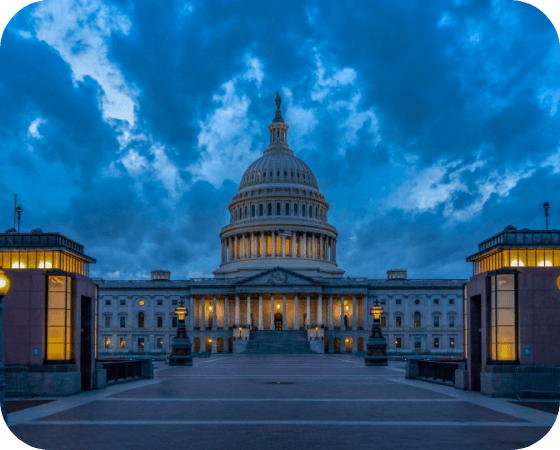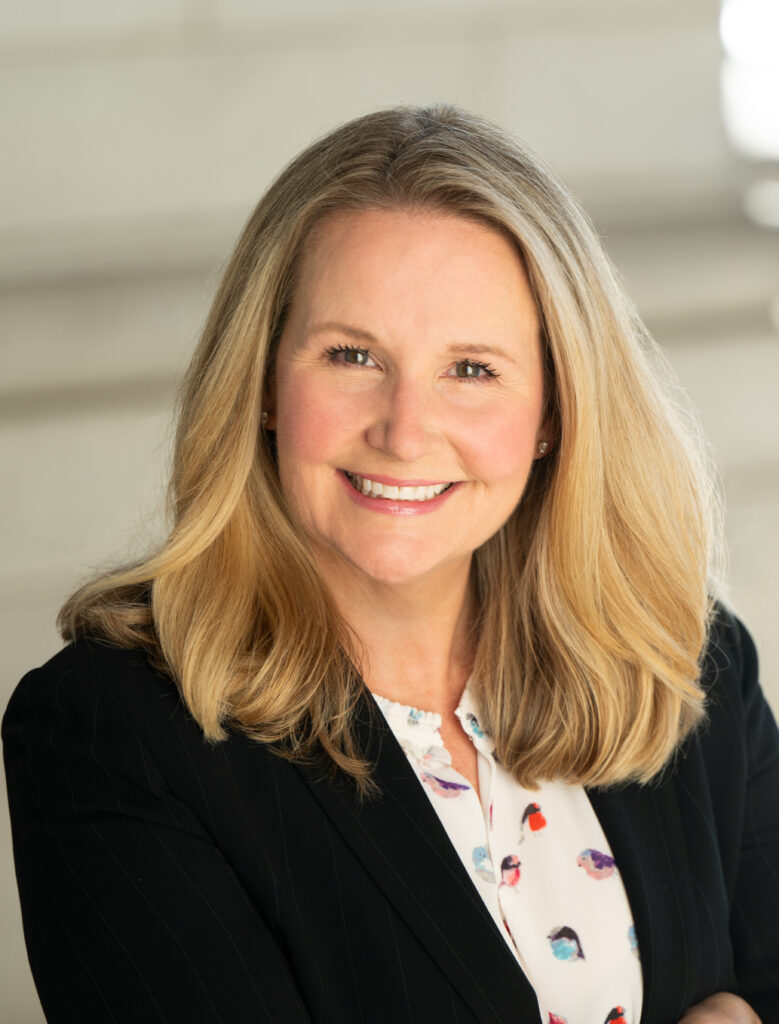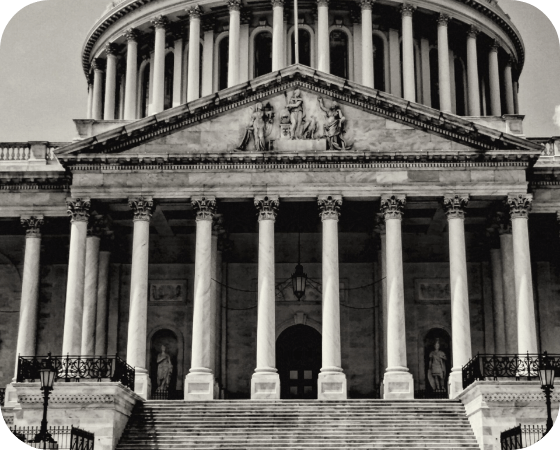Good morning from Washington, where we are looking to get out of the snow to rise again in the sun this week. The last few days of snow caused people to shovel their driveways a few days ago, just to get more snow a day or two later. The whole scene is akin to Congress barely passing a bill in time to fund the government to just punt the real problem down the line to March 1 and March 8. While we can celebrate the baseline accomplishment of well, you know, the ability to keep the doors open – we still know more issues are set to pile on in six weeks. The House is in recess this week because they’ve worked so incredibly hard, and the Senate is in session and looks to roll up their sleeves. Welcome to the Week Ahead!!
The Administration
Last week President Biden signed legislation to avoid a partial government shutdown and continue the laddered approach under the continued resolution Congress passed last year. The President also met with lawmakers to reach mutually agreeable ground on issues surrounding the administration’s supplemental funding request. Issues remain around border security. This past week also marked Republican presidential hopefuls leaving the Iowa caucus and moving their sights onto New Hampshire. It now appears to be a two-person race with former President Trump and Nikki Haley.
Healthcare
The Center for Medicare and Medicaid Services (CMS) will hold a national stakeholder conference call this Tuesday at 1pm featuring CMS Administrator Chiquita Brooks-Lasure to discuss the CMS Strategic Plan. As a reminder, the plan focuses on expanding access to care, advancing equity, and driving innovation, among others.
The Senate
The Senate is in session this week and will be churning through a few nominations early in the week. The real action will continue behind the scenes as a group of bipartisan senators continue to work on details around a supplemental funding package. As we reported earlier, the package would provide funding to allies including Ukraine, Israel, and Taiwan. The package is also believed to have border security changes included in it, but as we also previously mentioned to what extent remains to be seen. It’s not quite clear yet when Majority Leader Schumer will begin the process of bringing this to the floor as many pieces remain in play. Minority Leader McConnell will work to bring Senate Republicans along to demonstrate support for Ukraine, but he still has a big task ahead of him. Senate Republicans are not in a rush to have this legislation jammed through the process despite these issues being in play for months. In related news, Senate appropriators remain concerned about allocations despite topline numbers being agreed to as part of funding the government. Complicating the matter is whether the supplemental will pass and what money may be included for the Department of Homeland Security.
Healthcare
The Senate Aging Committee will hold a hearing on Thursday at 10am on long-term care options for older adults. The hearing will focus on assisted living facilities. Lawmakers from both the House and Senate continue discussions on a potential large health care package that would include opioid support programs, doc payments, telehealth, and price transparency.
The House
After passing legislation (H.R. 2872) to avert a partial government shutdown and extend the government funding deadlines into March, members of the House of Representatives return to their home states for a district work period. Under the legislation, Congress continued the “laddered approach” under the continuing resolution (H.R. 6363) that Congress passed late last year, bumping out the new funding deadlines from January 19 and February 2 to March 1 and March 8 respectively.
Health Care
Under H.R. 2872, multiple health extender deadlines that were previously set for either January 19 or 20 were now extended to either March 8 or 9. Among the expiring provisions that were extended included payments under the Medicaid Disproportionate Share Hospitals (DSH) Program, the Work Geographic Practice Cost Index (GPCI) Floor, and funding for Teaching Health Center Graduate Medical Education (THC GME), Community Health Centers (CHCs), and the National Health Service Corps (NHSC).
It still remains to be seen if Congress will be able to reach an agreement on larger health legislation, but House leaders are expected to push for including provisions that were included in the Support for Patients and Communities Reauthorization Act and the Lower Costs, More Transparency Act that the House passed with broad bipartisan support late last year.
In addition, as expected, Congress failed to provide relief to physicians and other clinicians who were hit with a 3.37% Medicare payment cut on January 1 in the H.R. 2872, but members of the House Republican Doctors Caucus and physician organizations are continuing the push to include some form of relief in the appropriations legislation and health extenders that Congress will have to address in advance of the March 8 deadline. At the beginning of last week, there appeared to be little possibility for relief from the cuts this year, but physician and allied health groups and their champions in Congress are continuing to hold out hope.
Create a great week!










